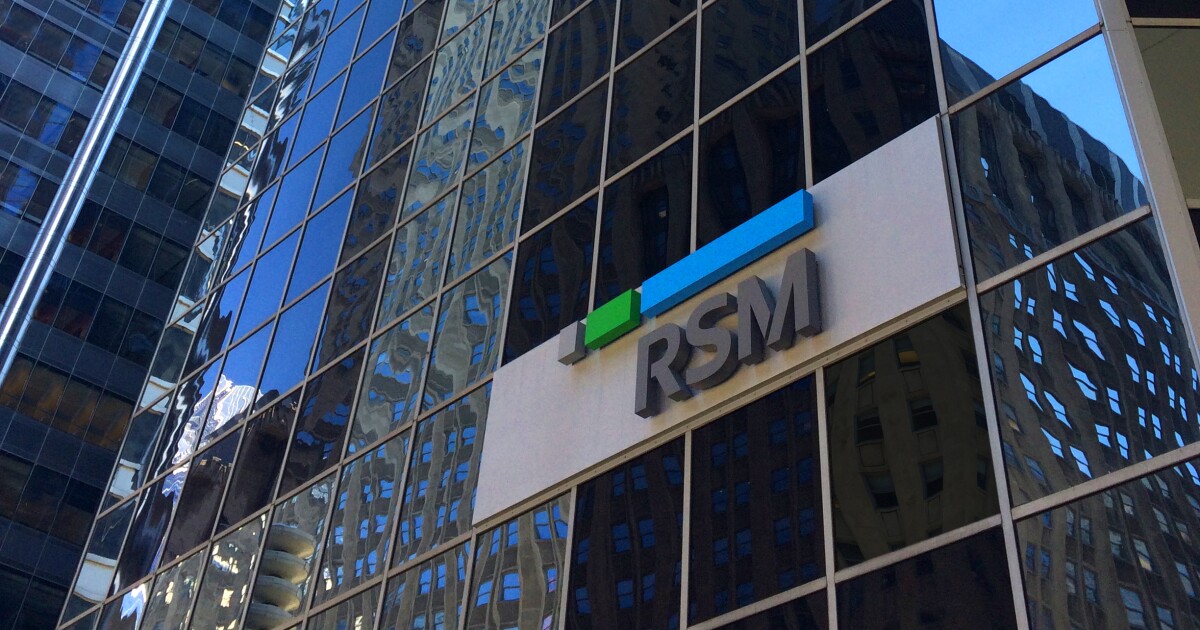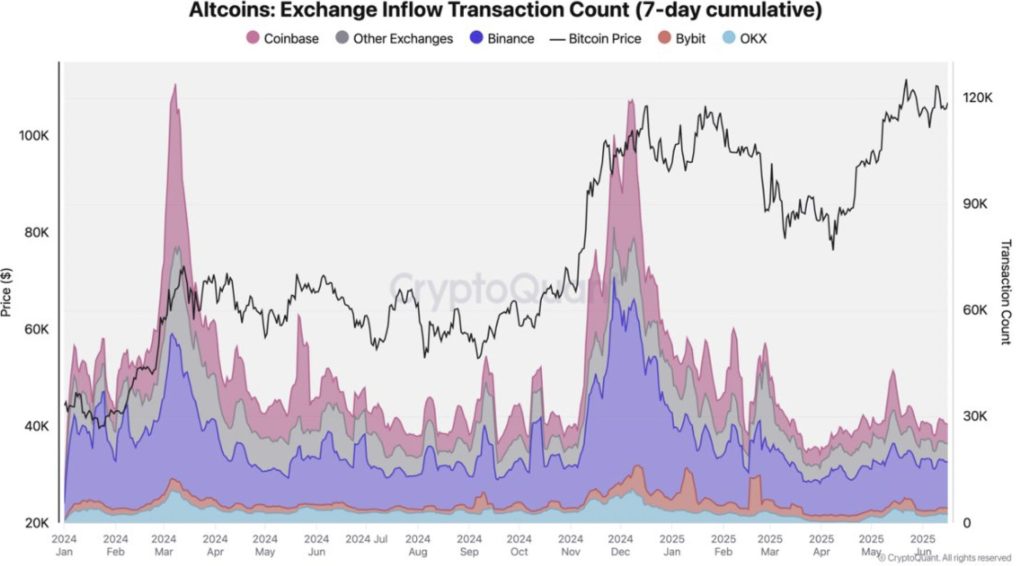Stay informed with free updates
Simply sign up to the US banks myFT Digest — delivered directly to your inbox.
The four biggest US lenders grabbed almost half of all banking profits in the third quarter, highlighting their growing advantage in the new era of higher-for-longer interest rates.
Earnings at JPMorgan Chase, Bank of America, Wells Fargo and Citigroup were up 23 per cent according to BankRegData, which collates quarterly reports from lenders to the Federal Deposit Insurance Corporation.
Of the nation’s almost 4,400 banks, the big four made 45 per cent of the industry’s overall profits in the third quarter. That was up from 35 per cent a year ago, and well above the 10-year average of 39 per cent.
By contrast profits at all other institutions dropped by an average 19 per cent in the quarter, their largest fall since the early months of the coronavirus pandemic.
“The biggest banks have not had that much deposit pressure,” said Alexander Yokum, who follows regional banks for CFRA. “You see the net interest margins of the smaller banks have been hit much harder than the big banks.”
Overall, banking industry profits fell 5 per cent in the third quarter. They were dragged down by losses on lending and bond market investments as well as a 260 per cent increase in interest costs — mainly what banks have to pay depositors to stop them from seeking a better deal somewhere else, according to BankRegData.
“Not a horrible quarter, but profits are going to continue to be strained,” said Christopher Whalen, a veteran bank analyst and head of Whalen Global Advisors, of the industry-wide picture.
The fall in profits compared with a 10 per cent increase in profits in the second quarter and was the first drop in the industry’s overall earnings in six quarters.
Nonetheless, while profits were down for the whole industry, the bottom lines at the four largest US banks, the only lenders in the nation with more than $1trn in assets each, as a group were up 23 per cent versus the same period a year ago.
Yokum said small banks are more exposed to commercial real estate, and offices in particular, one of the biggest areas of concern for lending. So they have had to reserve more as a percentage of their loans for potential losses.
But the biggest reason for the divide is the fact that the big banks, perhaps because of technological advantages or perceived safety due to their size, have not had to pay up as much to keep depositors.
The big four were paying less than 2 per cent a year on accounts that paid interest in the third quarter. That compares to nearly 3 per cent average for regional banks. What is more, more than 40 per cent of the deposit accounts at the nation’s four largest banks pay no interest at all. That compares to 30 per cent for the industry overall.
“I would said it’s infuriating, but I am a bank analyst, not a consumer advocate,” said Yokum.
“For whatever reason, people have not moved their money from the big banks, and so they just haven’t had to pay up.”
Credit: Source link











